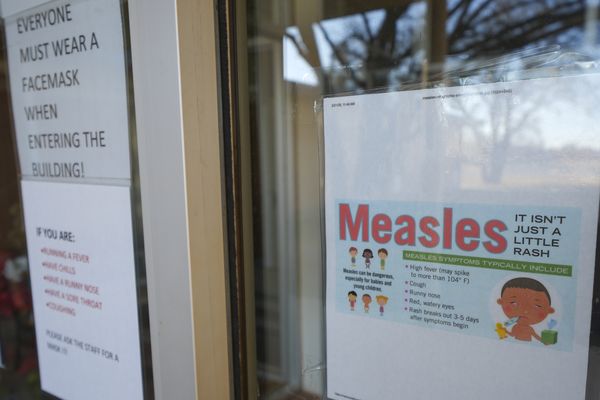Tensions between Russia and NATO countries and Russia-China ties that have been strengthened during the Beijing Olympics will serve as the backdrop for ‘Quad Ministerial’ talks among External Affairs Minister S. Jaishankar and Foreign Ministers of Australia, Japan and the United States being held in Melbourne on Friday. The fourth ministerial, that follows the first in-person summit of Quad leaders in Washington last year, is expected to review progress in the three key areas of cooperation identified by them: Covid-19, climate change and critical and emerging technologies, as well as ensuring a “rules–based” global order.
Russia, China, North Korea tensions
The four ministers will discuss developments in the Taiwan straits, Ukraine, and the Korean peninsula, where all eyes will be on the wording for both Russia and China, given New Delhi’s reticence in the past over introducing more confrontational language into Quad statements, a grouping that Beijing has criticised as a “Cold War bloc” aimed at driving a wedge between countries of the region. While the two-year old military standoff at the Line of Actual Control in Ladakh has been discussed at Quad meets, joint statements have made no direct reference to the situation at the India-China border.
Neither is it clear that the public statements would include strong language on the situation at the Russia-Ukraine border. While the US allies Australia and Japan have taken unequivocal positions, siding with NATO countries that accuse Russia of preparing for an “invasion”, India has refused to criticise Moscow, and was even thanked by Russian diplomats for choosing to abstain during a vote on Ukraine at the UN Security Council last week. The US and Japan are also keen to discuss rising tensions with North Korea that has conducted at least seven missile launches in January and leader Kim Jong Un has threatened to resume nuclear and long-range missile testing, an outcome that would take the peninsula to the brink, warn officials.
Quad agenda
In a note on Quad progress thus far, official sources described the Vaccine Partnership to deliver one billion doses of vaccines to the Indo-Pacific region by the end of 2022 as the Quad’s “flagship” project. While the production of Johnson &Johnson’s Janssen vaccines at India’s Biological E facility, funded by the US, to be distributed by Japan and Australia is underway, questions have been raised about the effectiveness of the single vaccine shot in containing the pandemic, and officials told The Hindu that the Ministerial meeting in Melbourne is likely to consider adding other vaccines to the Quad initiative mix. In addition, some sources said that “India is open to supplying [] Made in India vaccines, such as COVOVAX and CORBEVAX,” under the Quad vaccine partnership, while others pointed to the Astra Zeneca Covishield vaccine as a possible candidate.
On climate change, another initiative to be discussed is the “Quad Green Shipping Network”, where port authorities in Los Angeles, Mumbai, Sydney, and Yokohama are working together to “decarbonize” the shipping value chain by building 2-3 low-emission, or zero-emission shipping corridors by 2030, as well as a Green Hydrogen partnership. The sources said, some progress has been seen in each of the various silos of discussions at the Quad on infrastructure projects in the Indo-pacific, cybersecurity, space cooperation, humanitarian assistance and disaster relief operations (HADR) and education, which will all be reviewed.
After the Quad meeting, Mr. Jaishankar will hold bilateral meetings separately with Australian Foreign Minister Marise Payne, Japan’s Minister for Foreign Affairs Hayashi Yoshimasa, and United States Secretary of State Antony Blinken.
The meeting with Mr. Blinken is particularly important as foreign and defence ministers of India and the US have not been able to agree on a date for the “2+2” meeting they were scheduled to hold last November in Washington.
The Biden administration has not yet decided on whether to grant India a waiver of CAATSA sanctions over New Delhi’s purchase of Russian S-400 missile systems, which could come up during the meeting.
A “2+2” meeting with Japanese counterparts is also due, and while pending visits to India by Japanese Prime Minister Fumio Kishida and Australian PM Scott Morrison will be discussed in the other bilateral meetings, all eyes will be on plans by PM Kishida to hold the next Quadrilateral Summit, which will bring US President Biden, PM Modi, and PM Morrison to Tokyo later this year.







